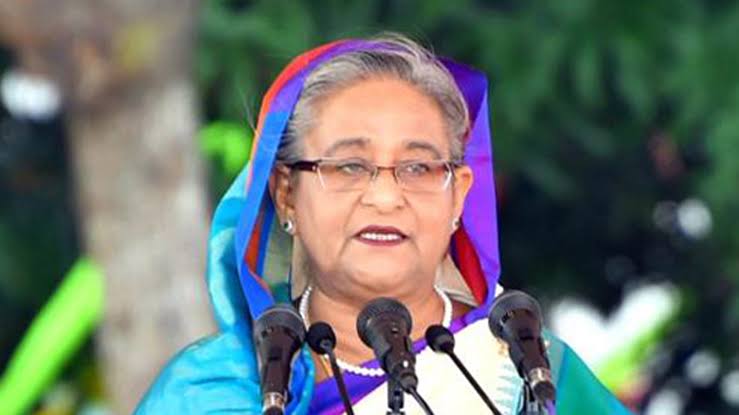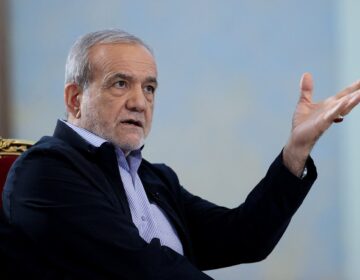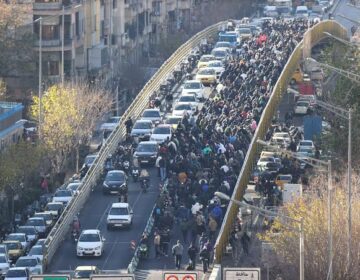A Bangladesh court convicted ousted Prime Minister Sheikh Hasina of crimes against humanity concluding a months-long trial that found her guilty of ordering a deadly crackdown on a student-led uprising last year.
Hasina, 78, defied court orders that she return from India to attend her trial about whether she ordered a deadly crackdown against a student-led uprising that ousted her in August 2024.
Bangladesh has been in political turmoil since the end of Hasina’s autocratic rule, and violence has marred campaigning for elections expected in February 2026.
The United Nations says up to 1,400 people were killed in crackdowns as Hasina tried to cling to power, deaths that were central to her trial.
“Justice will be served according to the law,” chief prosecutor Tajul Islam told reporters when the verdict date was set last week.
“We hope the court will exercise its prudence and wisdom, that the thirst for justice will be fulfilled, and that this verdict will mark an end to crimes against humanity,” he said.
Prosecutors had filed five charges, including failure to prevent murder, amounting to crimes against humanity under Bangladeshi law. The trial heard months of testimony in absentia alleging Hasina ordered mass killings. She has called the trial a “jurisprudential joke”.
Her co-accused include former interior minister Asaduzzaman Khan Kamal — also a fugitive — and former police chief Chowdhury Abdullah Al-Mamun, who is in custody and has pleaded guilty.
Hasina was assigned a state-appointed lawyer for the trial but she refused to recognise the court’s authority and said she rejected all charges.
Hasina said in a written interview with AFP in October that a guilty verdict was “preordained”, and that she would “not be surprised when it comes”.







